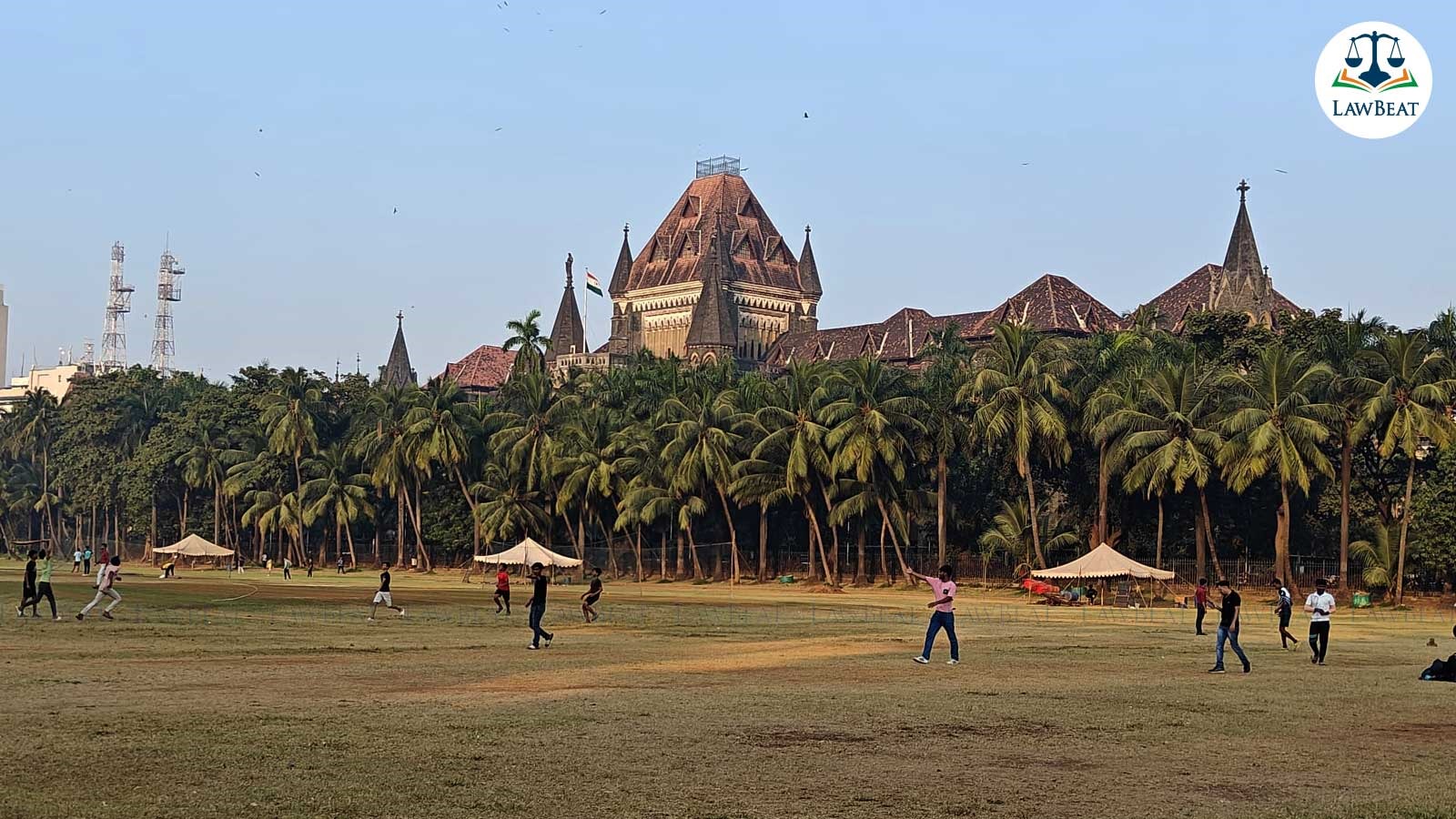Senior Citizen's Peace of Mind Cannot Be at Cost of Ousting Woman from Matrimonial House: Bombay HC

The woman alleged that her in-laws filed the complaint under the Senior Citizens Act to prevent her from availing her right to residing in the household under the Domestic Violence Act
The Bombay High Court has recently observed that a woman cannot be ousted from a house only for the peace of mind of her in-laws.
“This is another factor which makes Petitioner believe that the order of Maintenance Tribunal for eviction of the couple is just a ploy to ensure only Petitioner’s ouster from home. It is not disputed that Petitioner is not earning herself and that she has no other place to reside. Therefore, Petitioner cannot be rendered homeless to ensure peace of mind of the senior citizens,” the order reads.
A single judge bench of Justice Sandeep Marne was hearing a petition filed by a woman challenging the order of the Tribunal constituted under the Maintenance and Welfare of Parents and Senior Citizens Act, 2007, which directed the husband to vacate the house within 6 months.
The husband and wife duo were married for 27 years. Disputes arose between them, leading to the woman's in-laws filing a complaint under the Senior Citizens Act.
Subsequently, the woman also filed a complaint under the Protection of Women Against Domestic Violence Act, 2005, before the metropolitan magistrate.
The woman alleged that her in-laws filed the complaint under the Senior Citizens Act to prevent her from availing her right to residing in the household under the Domestic Violence Act.
The tribunal under the Senior Citizens Act passed an order directing the husband and wife to vacate the house.
However, the husband continued to reside in the house without challenging the order of the tribunal.
The woman contended that the machinery under the Senior Citizens Act was used by the husband and in-laws to prevent her from exercising her rights.
The court found that despite six months since the date of the order, the husband had not made any efforts to look for a new house in which the wife would be entitled to exercise her right to reside in the household under the Domestic Violence Act.
The high court observed that If the wife were to reside in a nuclear family with her husband in a separate residence from her in-laws, Section 17 of the Domestic Violence Act would protect her from being thrown out of the house owned by her husband.
“However, where the wife stays in a joint family with her in[1]laws in a house owned by her in-laws, would she be put to disadvantageous position by directing her ouster under the Senior Citizens Act in a summary inquiry thereby frustrating her rights under Section 17 of the DV Act? Does it mean that a wife staying separately from her in-laws enjoys better protection than the one who chooses to reside in a joint family with her in-laws? The answer to the question would obviously be in the negative,” the court said.
The high court also observed that the peace of mind of senior citizens cannot be at the cost of defeating the right to a household of the woman under the Domestic Violence Act.
“No doubt, senior citizens are entitled to reside in their own house with peace and without any disturbance on account of marital discord between Petitioner and her husband. But at the same time, the machinery under Senior Citizens Act cannot be used for the purpose defeating right of a woman under Section 17 of the D. V. Act,” the order states.
Therefore, the court quashed the order of the tribunal under the Senior Citizens Act and also directed the magistrate court to hear the complaint under the Domestic Violence Act immediately.
Case title: Sanjivani Jayesh Seernani vs Kavita Shyam Seernani
